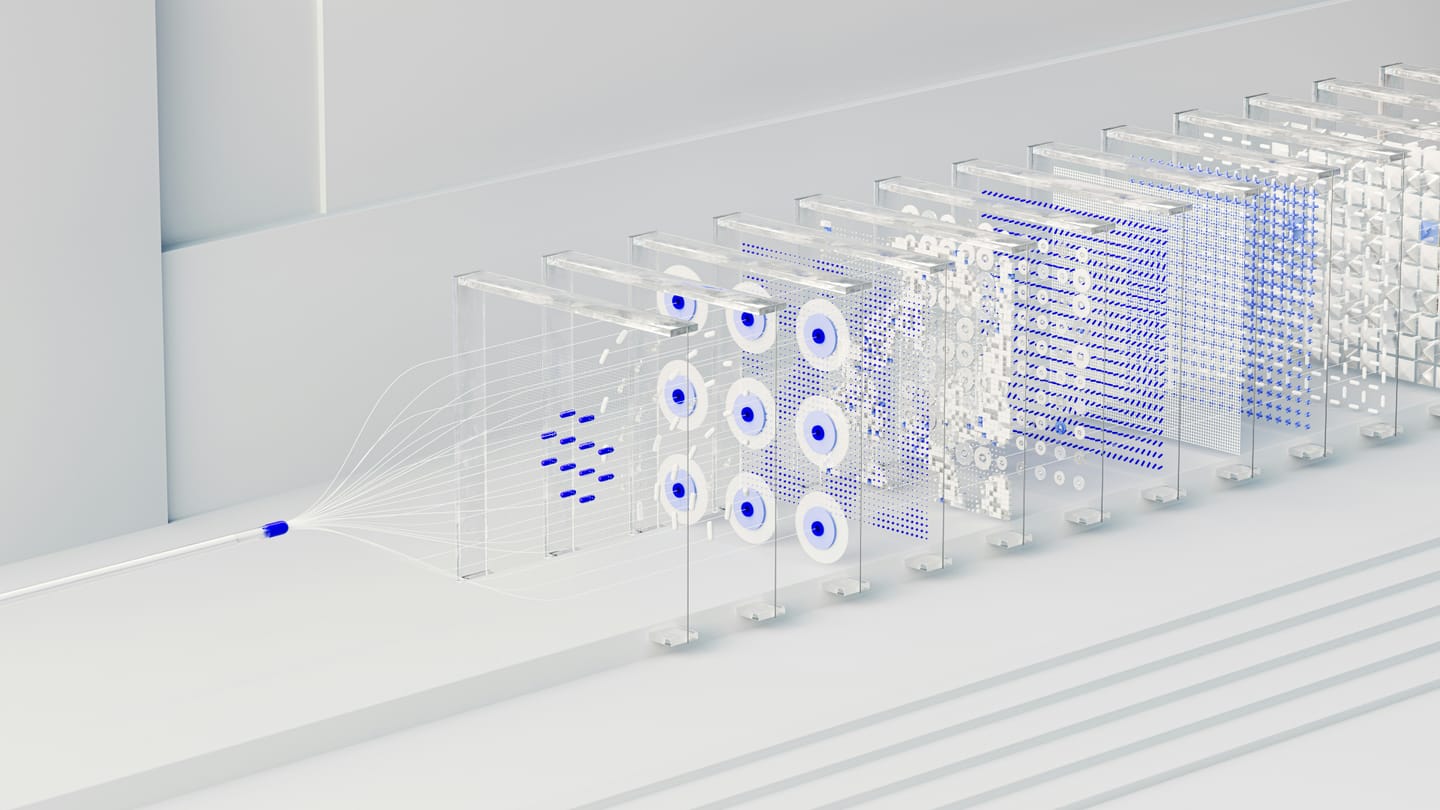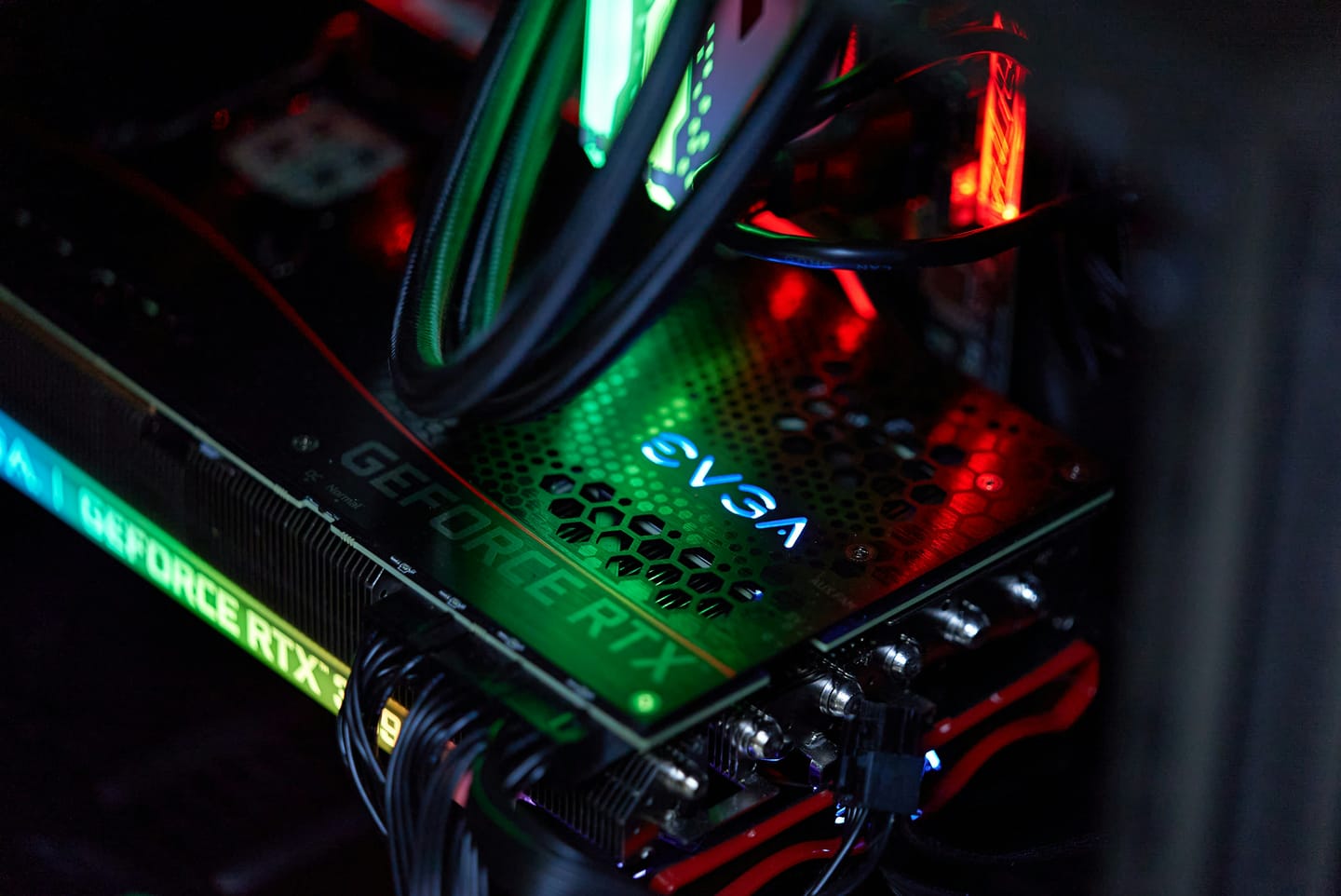Malaysia and Indonesia Become First Countries to Block Grok Over AI Deepfakes
Malaysia and Indonesia have become the first countries to block Grok, the AI chatbot developed by Elon Musk's xAI, after authorities said it was being misused to generate sexually explicit and non-consensual images, with Indonesia blocking access on the 10th January 2026 and Malaysia following the next day.













